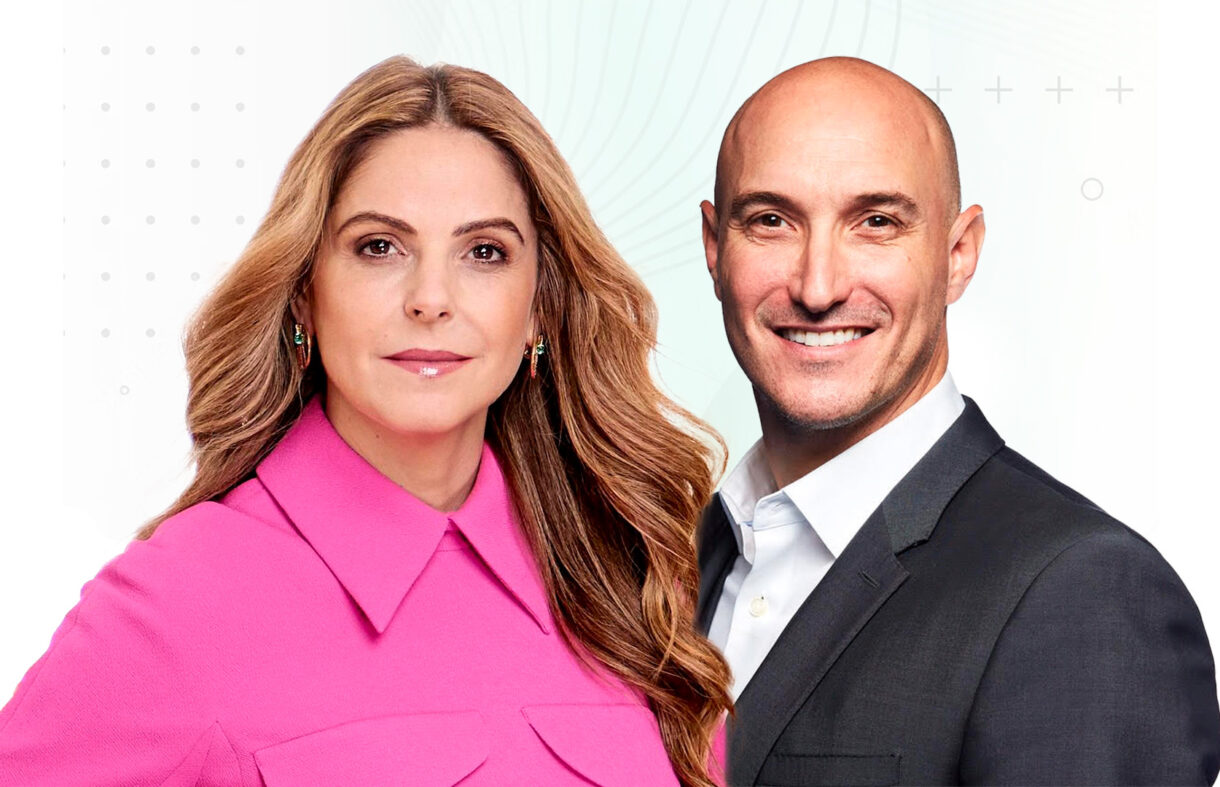Today, organisations are frequently dealing with rapid changes and complex challenges. To survive and excel in this new, volatile environment, we need to apply a more purpose-driven approach to leadership and organisations.
Most people seems to be aware of it, having experienced it in one way or another, and the concept of “purpose-driven business” is entering the mainstream. From my perspective, this is very encouraging as all change starts with awareness.
But let’s start with the issues that make this subject relevant. One of the greatest problems I have seen arising due to the increasing complexity and uncertainty we see today, is the increase of fear in many organisations. How do we deal with that fear? We increase control over people, we add more KPIs and more reporting in order to try to understand and make sense of what’s going on, but instead we do the opposite – creating a vicious circle of even more complexity.We need something else that solves the problem of complexity and rapid change; we need to equip people with the ability to cope with the exponential change that is ahead of us.
For approximately 20 years now,I have been involved in developing leaders, teams and even whole organisations to become more purpose-driven. What I have learnt during this time is no matter what challenges lie ahead, whether large changes, complexity or execution of strategy, the best way to start is to “humanise” organisations and not focus solely on the mechanics. We need to develop resilient and motivated people and look at organisations as living eco systems. This is where I have experienced that purpose can help solve many issues and cut through complexity. It’s not as easy as it sounds; however, if facilitated right, it will be the most impactful thing for an organisation and its people.
On the other hand, if it’s executed poorly, it will just be another corporate “Frisbee” (as we call it), without any positive impact on engagement or performance. There is also the risk that more cynicism will be created. Purpose needs to come from a place of authenticity and depth.
Now, this topic is becoming mainstream, which is fantastic! It’s good because it is the next step in the evolution of developing organisations, it will be part of creating a new paradigm in leadership and a new level of consciousness in how we operate in business. I think that business can play an important role in solving the major issues we are facing. To develop purpose driven leaders is a step in that direction, and will result in leaders becoming talent magnets for their businesses.
In the last 2-3 years, I have observed that this topic is trending; the conversations I have with different leaders are shifting. The other day, I was in conversation with the head of executive development in a large global insurance company. He is responsible for the top 400 leaders’ development. He told me that previously, everybody wanted to know things like, “What is the next step in my career and how do I get there?” The conversation has now shifted towards, “How can I find meaning in what I do” and “How can I contribute to the big picture?”
Leaders (especially the younger ones, aged 25-40) don’t buy into the aggressive goal without meaning anymore; it is a dying paradigm. A shift in the mind-set has taken place, and is due to megatrend. We don’t need to look more closely at this but do need to be aware of it. As Dan Pink says, providing autonomy, mastery and a higher purpose are the 3 things that motivate people. Many organisations do the opposite, offering no or little autonomy, a lack of purpose, and very little chance to be good at something that matters.
So, what do I mean by purpose-driven?
Purpose is something that is your unique contribution, defines your character, and is GOOD for others AND for yourself. Purpose brings a sense of excitement and can be your deepest internal driver. High intelligence and low ethics is a very dangerous combination, we see it over and over again in business: extremely smart and talented people but with very little purpose or emotional intelligence. (Think of Enron and Volkswagen).
There is an abundance of depth in purpose. This means that you have a purpose, but your understanding of your purpose will change over your lifetime.
Here are a few examples of the benefits purpose can bring to leaders and organisations:
- Higher level of engagement
- Higher level of ethics
- Aligning People with the organisation
- Easier to make good choices
- Coping with change better
- Deeper sense of meaning in work
- Easier to see the “Big Picture”
- A sense of direction even if there is a lot of uncertainty
- Resilience
Looks too good to be true, right? The thing is, it is not that easy to just go find your purpose and become purpose-driven. It takes a bit of detective work, a lot of reflection and considerable analysis. We all have a purpose and values; we don’t need to invent them – we need to detect and connect to them. After meeting thousands of leaders all over the world, I can truly say that all those who built amazing high performance organisations or teams had a very strong sense of purpose. It’s a deep, emotional process and only through deep reflection and inner work will you find it. You need to understand your past, and present, your desired future, and your highs and lows throughout your life. This will give you many clues and pieces to use in your own puzzle.
You then need to ask yourself the right questions and tap in to your sub consciousness, you need to learn to become a detached observer of yourself. This means that instead of answering the question, you wait for the answer, which is a very different approach to a question, but when you have develop this technique you will connect more effectively with yourself and your purpose.
The power of making you conscious of your purpose as a leader and individual is to help you discriminate and identify what is important amongst the tsunami of things coming your way.
Your focus will improve and, as a result, you will be less stressed out, and you can more easily identify what the few things that makes the biggest difference are.
In my 20+ years of developing leaders, I can say that the only thing that really works is when people can articulate and connect with their purpose. This is when they really make a positive impact in themselves and in their organisations. This dosent mean that if you are an engineer, you will leave your job and become a new mother Theresa, it means that you will look at yourself and others differently; you will start making different choices, and with a more holistic approach. This will make you happier, more focused and motivated to do your thing, and this is what self-managing leadership is all about.
Stay up-to-date with our latest news:
Subscribe








